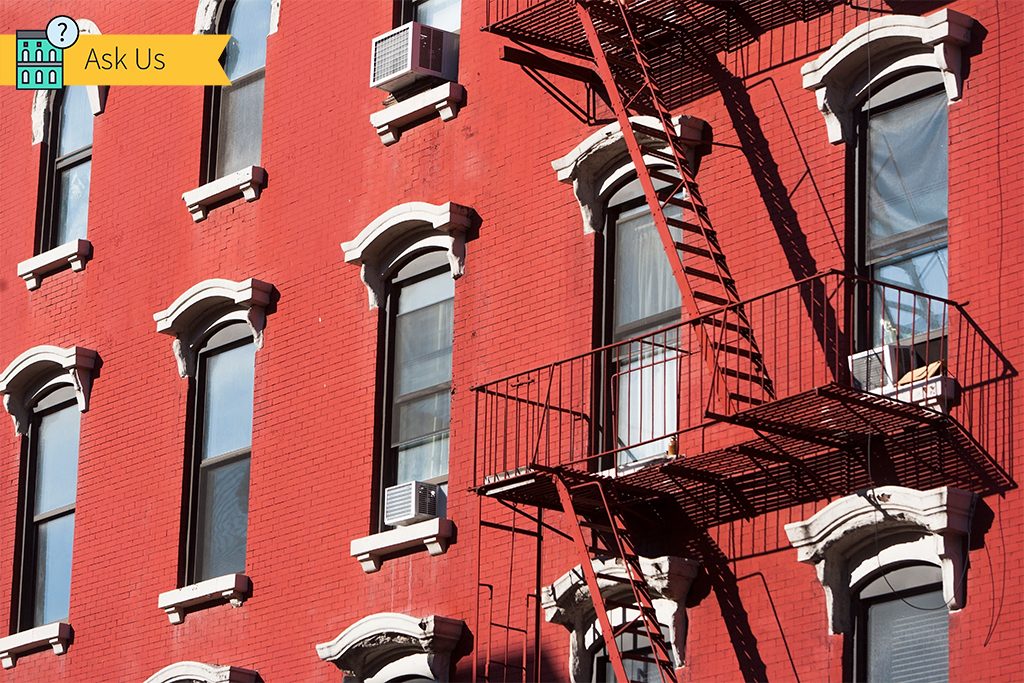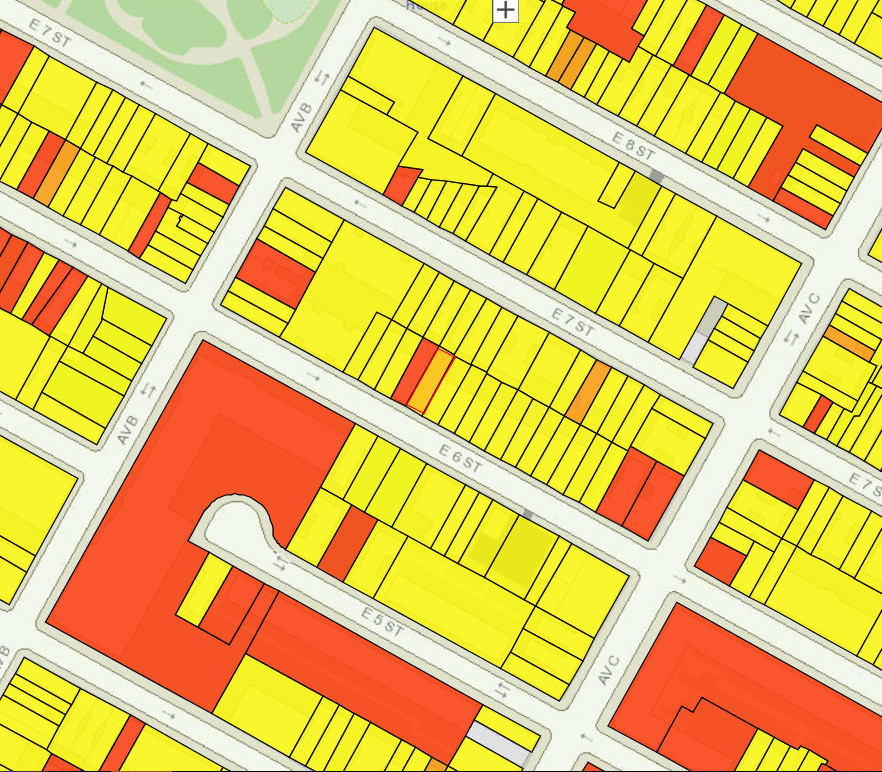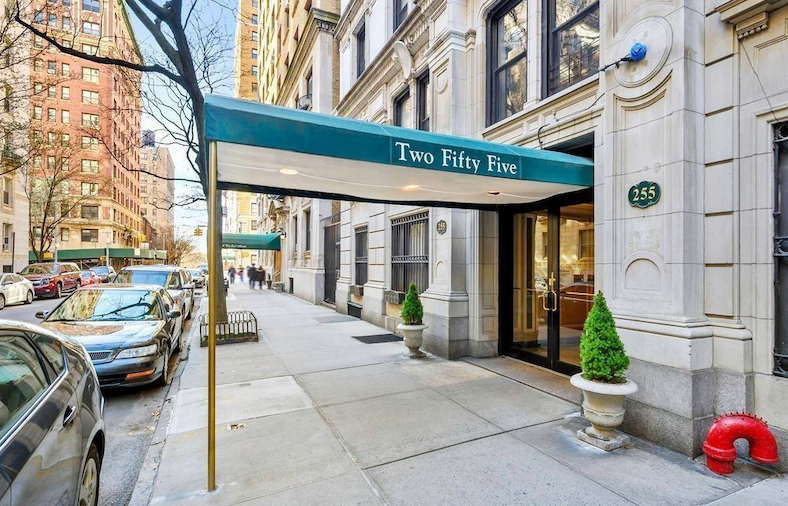
Question: If I’m buying into a building, how do I know it’s a “good” building — financially stable, doesn’t have a rat problem, etc.?
— Due Diligence Downtown
Dear Due:
Where do you want to start?
Rats? Go to the city’s official Rat Information Portal, where you could end up finding out far more about the horrid little vermin than you’d like to know.
You can find the latest rat inspection information for buildings all over the city by starting at the citywide map and then zooming in to the block level. Buildings that failed inspection show up in orange — darker for active rat signs, lighter for “problem conditions.”
Like this:
Click on the individual building and you get the results of the most recent inspection.
Nosey about the neighbors? Want to know how much of a mortgage they’re carrying? Or if they’re behind on their common charges? StreetEasy lists past transactions for most buildings in town. Here’s the page for 1040 Fifth Ave. in Manhattan, the building where Jackie Kennedy Onassis lived for 30 years. Go toward the bottom of the page, and look for “Documents and Permits.” Click.
The good stuff will be in the far right column, which takes you to the city’s ACRIS site for official property records. Back in the day, investigative reporters had to sift through piles of dusty bound volumes in the Manhattan Municipal Building to learn this kind of stuff about properties and their owners. Now, it’s all online for anyone to peruse. It takes some getting used to, and some practice learning how to access information, but it’s all there!
Now, about the financial information. After you have made an offer, but before you sign the final contract, the seller should give you copies of recent building financial reports. (If not, you can request them from the building itself.) Your lawyer should go over the numbers and alert you if anything looks amiss.
What to look for: Is the building making a profit, breaking even or losing money? Any recent assessments? When is the mortgage expiring? Is there a reserve fund? Finally, look closely at the footnotes — that’s where they will hide stuff like any litigation or major repairs coming due.
What else do you want to know? You can find tons of neighborhood information here, from City Council district boundaries to public WiFi hotspots.
Good hunting!
David Crook is a veteran journalist and author of The Complete Wall Street Journal Real-Estate Investing and Homeowner’s Guidebooks. Do you have a question about anything real estate-related in NYC? Write him at askus@streeteasy.com. For verification purposes, please include your name and a phone number; neither will be published. Note: Nothing in this column should be considered professional legal advice. If you have a legal issue, consult an attorney.
—
Hey, why not like StreetEasy on Facebook and follow @streeteasy on Instagram?









